MercoPress. South Atlantic News Agency
Tag: International Atomic Energy Agency (IAEA)
-
Friday, November 28th 2025 - 10:10 UTC
Argentina nominates IAEA Chief for UN Secretary-General
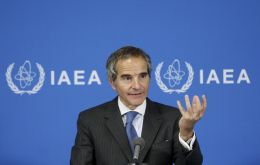
Argentina has officially nominated Ambassador Rafael M. Grossi, the current Director General of the International Atomic Energy Agency (IAEA), as its candidate for the United Nations Secretary-General for the 2027–2031 term.
-
Friday, March 4th 2022 - 10:20 UTC
“Real threat of nuclear danger” after Russian attack: Putin's forces control Europe's largest nuclear power plant
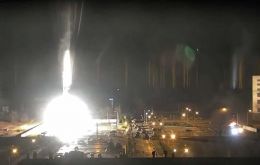
A Russian bombardment hit the Energodar nuclear power plant in the Zaporizhzhia region, Europe's largest in southeastern Ukraine, last night. The attack unleashed a fire that threatens to cause a disaster ten times larger than Chernobyl in 1986, the city's mayor, Dmitry Orlov, reported via his Telegram account. “The reckless actions of President Putin could now directly threaten the safety of all of Europe,” United Kingdom's prime minister, Boris Johnson, warned in a statement.
-
Tuesday, July 27th 2021 - 08:56 UTC
Rosatom resumes construction of nuclear reactor in Bolivia
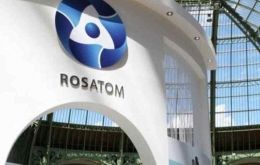
Russia's atomic agency Rosatom Monday resumed construction of a nuclear reactor for the Center for Research and Development of Nuclear Technology (CIDTN) of Bolivia, a project which had been paralyzed in 2019, it was reported.
-
Wednesday, October 30th 2019 - 09:40 UTC
Argentine diplomat elected Director General of the International Atomic Energy Agency

The Board of Governors of the International Atomic Energy Agency (IAEA) elected Argentine Ambassador Rafael Mariano Grossi for the post of Director-General for the period 2020-2024, whose appointment will be approved by the General Conference of the agency.
-
Friday, December 15th 2017 - 07:01 UTC
Argentina prepares to fight Zica with sterile mosquitoes by radiation
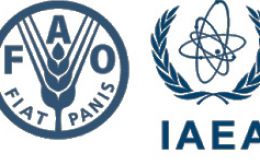
After its success in controlling a devastating fruit fly with nuclear technology, Argentina is gearing up to fight a new enemy: mosquitoes that transmit Zika, in addition to dengue and chikungunya. The method applied in both cases is the sterile insect technique, SIT, an insect birth control method that uses irradiation to sterilize and release insects to suppress pest populations.
-
Thursday, June 26th 2014 - 05:00 UTC
Argentina to restart production of enriched uranium in Patagonia plant
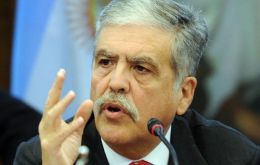
Argentina's government said Wednesday that in five weeks it will restart operations at an enriched uranium plant as part of a peaceful pursuit of nuclear energy.
-
Tuesday, August 28th 2012 - 04:13 UTC
Despite Fukushima accident, 30 countries considering nuclear energy says IAEA

Almost 30 countries are considering or planning to introduce nuclear energy as interest remains strong despite last year's Fukushima accident, the United Nations' atomic agency said.
